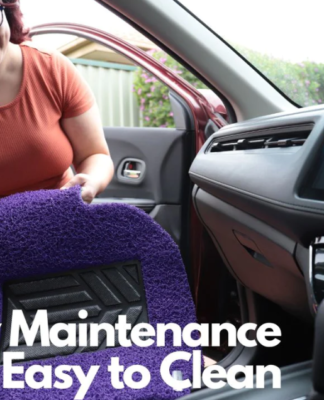The executor or the next of kin is supposed to get a Grant of Probate or the letter of administration in order to deal with the deceased person’s estate in cases where they might leave their assets behind.
The court orders the Grant of Probate to validate the will and the death of the testator. It also allows the executor to administer the estate and deal with the assets of the deceased according to the terms mentioned in the will.
The Supreme Court in all the Australian territories issues the probate which are considered to be in common form and if these grants are issued by the Judge then they are said to be in solemn form.
When do you require a probate in NSW?
Generally, the probate in New South Wales is needed when the asset holders require it due to a liability risk or government regulations.
Probate is needed when the person dies owning:
- A property such as land or a house.
- Have an account in financial institutions such as banks with a value of approximately $50,000 however, it may vary from bank to bank.
- Substantial amount of shareholdings with a value of more than $15,000.
- A certain amount of superannuation balance payable to the testator’s estate.
There are certain practical and legal considerations that would decide whether the executor should obtain a probate or not.
- Practical considerations: the executor would have no choice but to have a grant of probate if the asset holders such as land departments, aged care facility or share registry requires a grant of probate to release or transfer the assets of the estate in the name of the executor as mentioned in the will.
A probate is not required to transfer those assets which are jointly owned by the testator as these assets gets transferred to the other surviving joint tenant by law.
The asset holders might not require a grant of probate in cases where the assets owned by the deceased are of very less and of small value. So, they might release the assets to the executors once the indemnify the asset holders for any claim made by the creditors, beneficiaries or any other family member.
- Legal considerations: the executor might receive two very important advantages after a probate application and following the procedures mentioned in the Probate and Administration Act (NSW).
- Gets the authority to deal with the assets: Section 44 of the Probate and Administration Act states that the entire property of the deceased including both real estate and personal property in NSW would be released in the name of the executor as mentioned in the Grant of probate of the will after the death of the testator.
As stated, the executor doesn’t have the legal rights to deal with the estate of the deceased until and unless a probate is obtained and runs a risk of being personally liable if later a will is discovered.
- Protection from claims: after the grant of probate has been issued, a notice in the newspaper would be published by Probate Sydney stating that the executor is allowed to distribute the assets in the estate and would pay only those creditors that have provided notice.
Although, the executor has to wait for at least 30 days from the date of publication of the estate before distributing the estate. The executor is eligible to pay the creditors and distribute the estate accordingly among the beneficiaries at least 6 months after the date of death of the testator.
The grant of probate and publication of notice would keep the executors fully protected as they could refer to them when any creditor or a beneficiary challenges any claim on the Will.
Moreover, the executor could be held personally liable for any dealings or delays in the distribution of estate in the absence of grants even if they did it with good intentions.
When do you not require a probate in NSW?
Probate is not required in NSW when:
- There are insufficient assets to justify any grants.
- Assets are jointly owned.
Do you need to acquire a probate?
You might only need to obtain a probate if the testator has some of the assets listed above. However, it is completely your choice to obtain a probate for some reason in case you are the executor.
Also, you are entitled to renounce probate in case someone else wishes to obtain a probate in your place. This means that you are no longer entitled to be the executor in the future and the role gets handed over to someone else mentioned in the will.
Who is entitled to apply for a probate in NSW?
The executor who is named in the will has the right to apply for probate unless there are no conditions that restricts them from being the executor.
In case you are the substitute executor and the first one in the will decides to get the probate then you are not eligible to obtain it unless the first executor renounces probate.
The beneficiary or any other person who is willing to administer and run the estate can apply for a probate if the appointed executor has failed to obtain the probate even after six months of the death of the testator.
Therefore, it is advisable to appoint a legal probate expert to make the process of application of probate in NSW smooth. Hence, we at Probate consultants offers the best services for all your probate related needs at the most affordable prices. We hope you found this blog helpful however, if you want to gather more info regarding our services, check out our site and get in touch with us today.


























